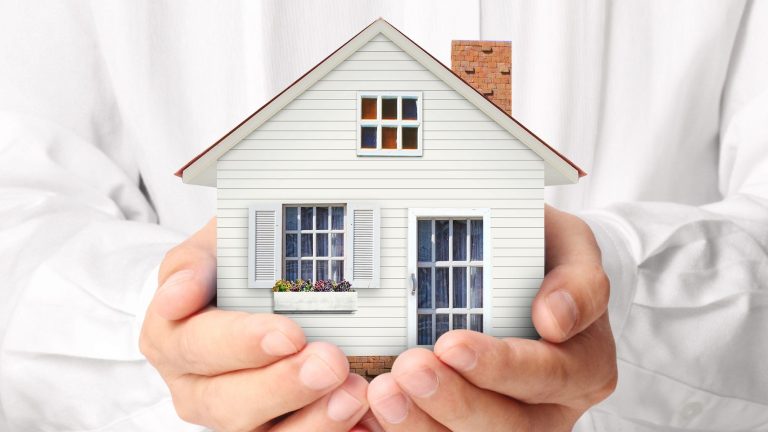If you know where to look, radiators may be a fashionable heating option. These heating systems were a wonderful addition to your home because of their designer variations and the availability of numerous radiator manufacturers. Making ensuring your heating system is in top shape is crucial for providing outstanding functionality with fantastic comfort and effectiveness alongwith radiator safety. Whether it’s a heated towel rail for the bathroom, an Aeon thermostat for the rest of your home or a small bay window radiator.
However, ensuring that your radiator is operating securely is equally important. You can make sure that the condenser is kept in good condition by checking on it frequently. Designer radiator is undoubtedly fantastic for adding a dash of elegance to your home, but they can additionally be customised to fit different locations in the same manner that conventional panel radiators cannot. Regular inspections are crucial since a neglected radiator could prove to be dangerous. Experts got a solution that’s suitable if you’re searching for radiator maintenance starting point radiator safety advice.
A Homeowner Liability Information:
Following the legal concept of “premises liability,” you may be held liable if someone is hurt while on your property. It is crucial to take all required precautions to safeguard your family and any guests you may have. Serious injuries can result from hazardous slip-and-fall circumstances, faulty handrails, poorly lighted exteriors, and many other things. To avoid any potential hazards, make sure to inspect your property.
Fire Accidents and Dangers Connected with Heating Systems:
If you haven’t been careful, you’re heating system combined portable space heating device could catch fire. Fortunately, fires caused by heating can be avoided if action is done quickly. Every year, professional heater maintenance ought to be carried out. Additionally, it’s crucial to keep all heating appliances, such as electric stove heaters, candles, lamps, kerosene, gasoline, and generators, however, petrol, grills, and furnaces as well as portable heaters for space, locked away from anything combustible.
Suffocation in Carbon Monoxide:
Experts estimate that approximately 150 Americans each year pass away from carbon monoxide intoxication. Around 5,000 more people sustain injury. CO poisoning, also known as the silent murderer, is an extremely hazardous issue that can arise regardless of the fuel-burning procedure.
Electrical and Shock Hazards:
Electrical wiring and management mechanisms that link to your heating system and other components are connected to your furnace. Leave any electrical repairs on your furnace to a qualified professional, aside from switching an electrical switch or breaker.
Winter Fire Prevention Advice:
- Every 30 days, check the carbon monoxide as well as smoke detectors.
- Each smoke, as well as CO detector, should be replaced at least every ten years, regardless of what the manufacturer specifies.
- The finest smokes as well as carbon monoxide detectors are hardwired, linked ones.
- Use smoke alarms that have both ionisation and photoelectric or smoke alarms that are “combination” models. Study up on smoke alarm security.
- Have a yearly inspection of your chimney and fireplace performed. For flames, use a wire mesh screen or a glass cover. Remove ashes only when they have cooled. Place the waste outside, distant from the house and garage, in a container made of metal.
- Never leave a space heater or candle alone. Before going to sleep, turn off any space heaters.
- Never use an extension cord; instead, plug heaters for space immediately into an outlet.
- Before utilising any electrical equipment, check it for damage. Ensure that electrical appliances have undergone testing from a reputable testing facility, such as the Underwriter Laboratories (UL).
- Regularly water your Christmas tree, and promptly get rid of any trees that have dried out.
Maintaining the Radiator Safety and Functionality of Your Heating Elements:
Bleed The Radiator:
Standard, as well as designer thermostats, are among the heating systems that are often only used in the colder months. Even though your home’s location will mostly determine this, probably, you won’t use your radiator all year long.
Do Not Obstruct It:
For the heat being radiated to efficiently disperse throughout the room, it is normally advisable to maintain your radiator clear of obstructions. This radiator safety advice is crucial for your home’s security and efficient heating.
Carefully Handle Electric Radiators:
Compared to piped home radiators, electric radiators require more caution to operate because they heat very quickly and may become hot to the touch when handled improperly.
Have Recurring Examinations:

Every type of automotive radiator needs routine inspection and maintenance. Servicing maintains the effectiveness and security of your heating system, whether it is electric or piped. By periodically inspecting your radiator safety measures, whether or not you do it yourself or hire a heating professional, you can find faults that should be repaired in advance. After all, it’s always preferable to anticipate issues.
Cleanup of Chimneys:
Your home can become cosier and more inviting with a fireplace. To ensure that this lovely building next to your house remains in good condition, proper maintenance is required.
Final Words:
Additionally, keep all combustible items far from the heater. Avoid placing the heater near bookshelves, beds, or windows. When the heater is on, any object ought to become kept no fewer than three feet away from it. Remember to turn it off when everyone has left the room.


